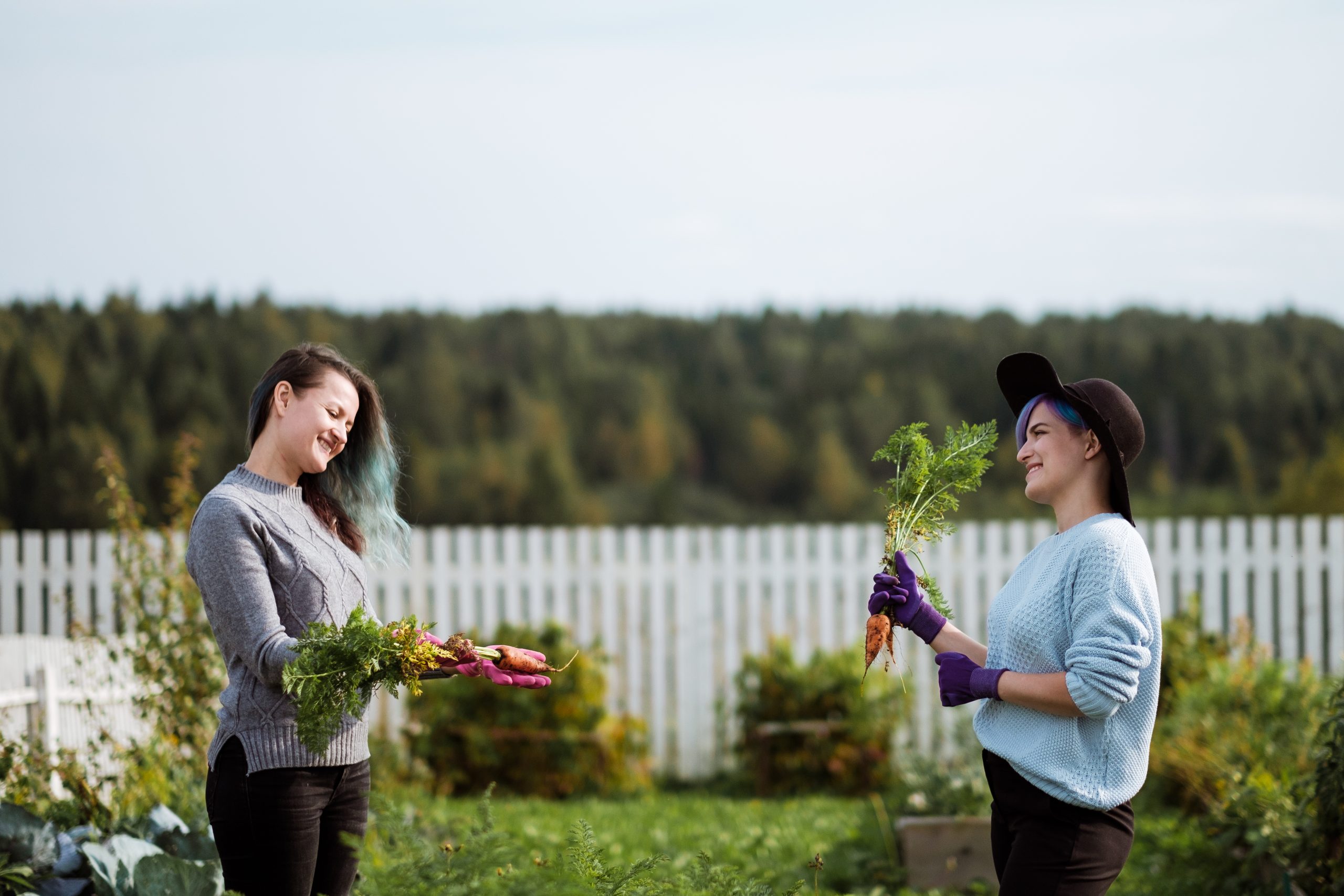The Habit of Staying Connected

The Habit of Staying Connected
By Kimberly McDonald
“We don’t have a word for the opposite of loneliness, but if we did, I could say that that’s what I want in life.” “We don’t have a word for the opposite of loneliness, but if we did, I could say that that’s what I want in life.”
– Marina Keegan, author of “The Opposite of Loneliness”
We are built to survive challenging times. Our brain, hearts and even breath do everything in their power to protect us. Their ultimate goal is to sustain our life and, if need be, heal us. Yet how do we survive less life-threatening but more heart-challenging times such as loneliness? More importantly, how do we thrive despite of it?
The answer is we stay connected.
A flower is able to bud and blossom because it’s connected to well-watered soil and sun-soaked leaves. A bird is able to stay connected to its instinct to fly south by staying connected to the seasons changing and to its flock.
Both the flower and the bird must acclimate to new and changing climates. They must persist because their full potential would not be realized if they quit now.
We are similar to the bird and flower in that we are made to be in relationships. We are designed to thrive in community. Staying connected plays a vital role in our emotional and physical well-being.
Dr. Emma Seppälä is the Science Director of Stanford University’s Center for Compassion and Altruism Research and Education. She discusses loneliness and the power of social connection in “Connectedness and Health: The Power of Social Connection”. When discussing the health benefits of social connection, she states the following:
People who feel more connected to others have lower levels of anxiety and depression. Moreover, studies show they also have higher self-esteem, greater empathy for others, are more trusting and cooperative and, as a consequence, others are more open to trusting and cooperating with them. In other words, social connectedness generates a positive feedback loop of social, emotional and physical well-being.
Dr. Laurie Santos, professor of psychology at Yale University, discusses powerful health benefits simply by staying connected with others. In her course, “The Science of Well-Being”, she states the following:
Having a social connection is good for all kinds of health related stuff. It can actually make you less vulnerable to premature death… It can make you more likely to survive a fatal illness like cancer or heart disease and so on. And it makes you less likely to fall prey to the sorts of stressful events that mess up your life.
So how do we stay connected in the midst of Covid-19, social distancing and shelter-in-place fatigue?
The good news is you don’t need 100+ friends/family to feel connected. Also, feeling connected is subjective and a simple “hello” to a neighbor increases your well-being as would a chat with a romantic partner. (The levels of intimacy may vary however studies have shown that both interactions increase your well-being.) Saying hello to a stranger does not remain “neutral” to our well-being. Studies have shown that it actually increases it.
Here are some practical ways to begin the habit of staying connected:
• Write a letter or card to a friend
• Drop a care package at a neighbor’s home
• Call a local animal shelter and ask about fostering a dog/cat
• Email an old high school or college professor/teacher
• Write a thank-you to local first responders and healthcare workers
• Paint a positive thought on a rock and leave it your neighborhood
• Call your local food bank or church to see what is needed
• Organize a video chat with your past workout partners
• Write positive messages on your sidewalk with chalk and ask neighbors to participate
• Gather seeds, soil and a pot to drop off to a local family with kids
Making time to connect with someone each day forms a positive habit and positive habits are a form of self-care. With every intentional step taken to connect with others, you are stepping closer to your full potential of living a life of purpose, fullness and connection.